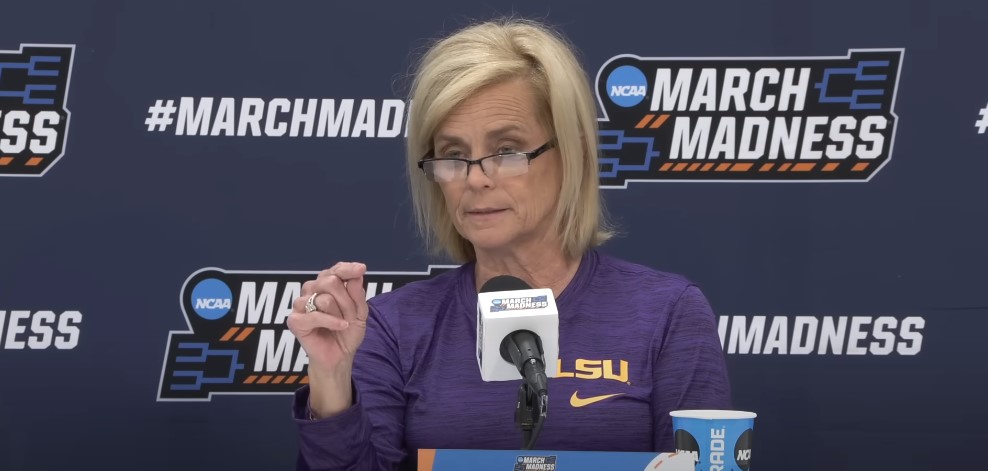Here’s the scenario: a public figure learns a major newspaper is preparing an unflattering story about her, so she publicly threatens to sue the paper for defamation if it publishes the article.
The threat made by LSU women’s basketball coach Kim Mulkey went viral on social media. Mulkey claimed that a Washington Post reporter was not just seeking negative quotes from former players and coaches but was using unethical and deceptive tactics in doing so. She made the accusation during a news conference designed to focus attention on her team’s next big game the following day.
Mulkey’s remarks were not spontaneous. As you will see in the clip below, Mulkey had prepared a statement ahead of time and appeared to read it virtually word for word.
Some media critics applauded Mulkey for going on the offensive against the Post and we understand that sentiment. But was Mulkey’s decision to go on the attack a good idea? We don’t think so.
First, the news conference was supposed to focus attention on the team as it prepared to defend its national championship. Instead, Mulkey managed to remove the focus on the team and place it squarely on herself and the pending article.
Second, Mulkey’s fiery remarks raised the profile of the pending article, created a significant amount of interest in it, and ensured more people would read it than otherwise would have.
Third, as a public person, Mulkey would have very little chance of winning a defamation lawsuit unless she could somehow prove the reporter acted with malice, recklessly disregarded the truth, and knowingly printed false information about her. Also, the defamation trial and the resulting publicity would not serve the interests of LSU.
Letting off steam by bashing the media is understandable. The media often deserve it. But there’s a time and place for it. And a news conference aimed at promoting positive things about your team, company, or organization is neither the time nor the place.

